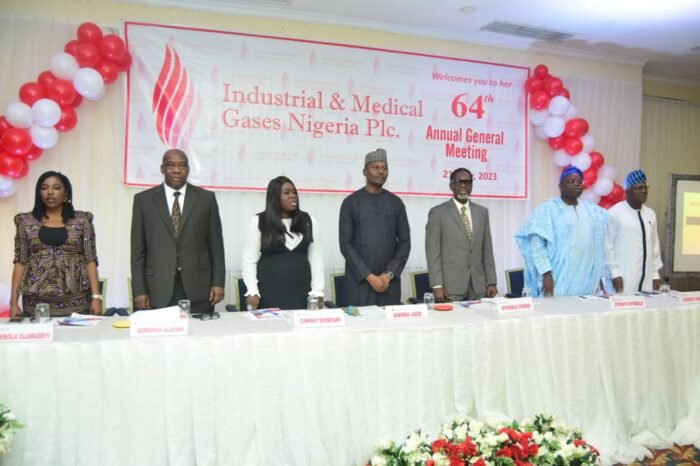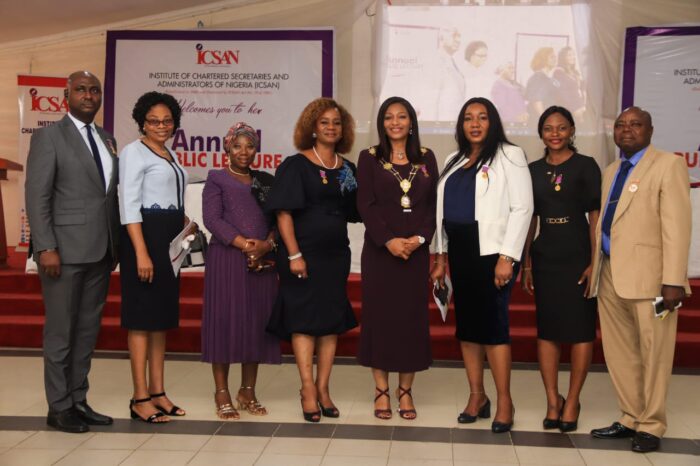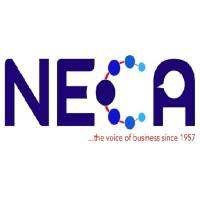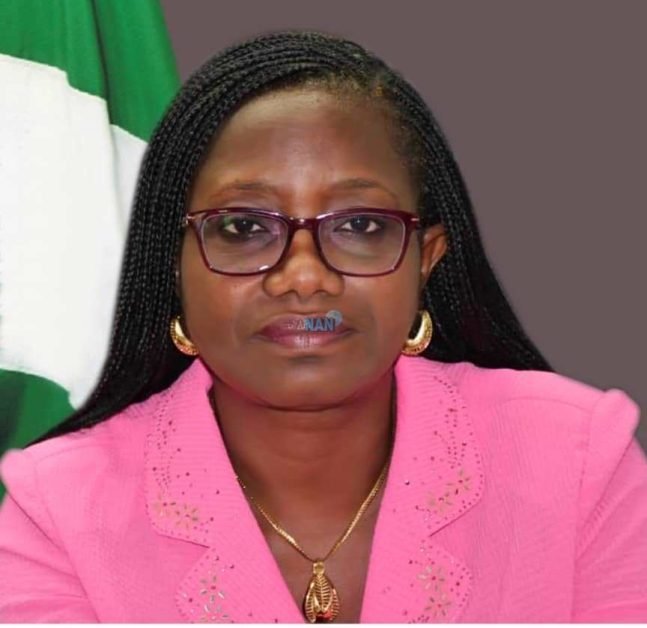193 total views today
By Augusta Uchediunor
Mr Akinjide Adeosun, CEO of ST. Racheal’s Pharma, has called on the Central Bank of Nigeria (CBN) to reduce the Cash Reserve Ratio (CRR) of Deposit Money Banks (DMBs) and other commercial banks.
Adeosun made the call at the St. Racheal’s Pharma Finance Forum held in Lagos on Wednesday with the theme: “Manufacturing Renaissance in Nigeria’’.
He said : “I urge the CBN to reduce CRR of DMB’s from 32.5 per cent to 10.0 per cent as similar to what is obtainable in Merchant Banks.
“That way, they defreeze cash for the banks to lend money to us rather than keeping that money with CBN.
“With that, we can expand our businesses and improve the capacity of local manufacturing pharmaceutical companies, for instance’’
The News Agency of Nigeria (NAN) reports that the percentage of cash required to be kept in reserves as against the bank’s total deposits, is called the Cash Reserve Ratio.
CRR is a specified minimum fraction of the total deposits of customers, which commercial banks have to hold as reserves either in cash or as deposits with the central bank.
The CBN had in a letter on Jul 14, 2023, by Haruna Mustafa, Director of Banking Supervision, addressed to all merchant banks, that it has approved a reduction in their CRR.
The circular read, “The Central Bank of Nigeria hereby informs all Merchant Banks that it has approved a reduction in their cash reserve requirement from 32.5 per cent to 10 per cent effective Aug.1, 2023.”
Adeosun lamented that just about 30 per cent of pharmaceutical brands were manufactured locally, leaving only about 70 per cent to importation.
“With yet about 80 per cent of inputs also being imported, hence the need for support to change the narrative as “we cannot constantly be dependent on others’’.
Identifying the important role that financial institutions played in the economy especially in assisting businesses and sectors grow, he said it was time for the banks particularly, to support pharmaceutical manufacturing industries and the health sector in general.
“In so doing, challenging areas such as access to loan facilities need to be looked into. Alongside, there has to be flexibility when it comes to loans and collaterals.
“There is also need to network with government to better have good grasp of policies and have smooth transition into aligning with policies.’’
Adeosun also made a case for renewed hope, whereby he urged for flexible credit terms, realisation of a single digit interest rate and a smooth transition to a possible 30 to 50 per cent of local manufacturing.
According to him, there is also need for free medical management palliative for indigent patients and assured national security through improved and large scale local manufacturing.
Mr Ayodeji Alaran, a Pharmacist and Managing Director of PBR Life Sciences, spoke on “Renaissance: The Size of the Pharmaceutical Opportunities in Nigeria’’.
Alaran reiterated that the pharma industry was a strategic one, providing medication and other sectors support to strengthen the nation’s security and health of citizens.
He also called for immediate intervention to support local pharma industries, citing that the COVID-19 further revealed the sector’s vulnerability and its high import dependency with evident shortage of supply.
See also Senate calls for harmonious relationship among health professionals
However, he said that in the midst of challenges, the local industries showed significant increase in manufacturing as they demonstrated resilience and capacity to close gaps.
“So, if given the needed support, they will continue to grow,’’ he asserted.
Mrs Ijeoma Ozulumba , ED/Chief Finance Officer of Development Bank of Nigeria (DBN), made a presentation on “The Renaissance of Nigeria’s Manufacturing Sector and the Role of Financial Institutions’’.
She explained that only about 17 per cent of loans and advances had been made to the manufacturing industry in the country in recent years.
She emphasised that financial institutions had roles in helping grow the Pharma Manufacturing Industry, of which they included but where not limited to providing- Access to Capital and Investing and Financing Specialty.
“Infrastructure Development, Power Supply, Transport and Logistics enablement, Risk Management and Insurance, Export Financing especially as share of export had been low, Trade Facilitation.
“Capacity Building, Advisory Services, Support to SMEs, Industry Specific Financing Programmes and Policy Advocacy’’
She assured that her organisation would increase funding opportunities and access for improved economic control and development.
Mr Dimeji Abolade, representing SANOFI, stressed the need for full capacity utilisation of factories and human resources in the local pharma manufacturing industry.
Mr Lekan Asuni, MD, LEFAS Pharmaceuticals, and formerly MD of GSK, identified paucity of data as a challenge in the industry and called for aggregation of data to help the pharmaceutical industry in their businesses.
Mr Ahmed Kagara, Divisional Head (LE-3), Bank of Industry, said his organisation was open to supporting industries and organisations that required same.
See also COVID-19: NCDC registers 8 deaths, 521 new infections
Mr Damilare Shitu, Lead, Data and Analytics, Microsoft, illuminated the significant place of AI through a presentation on `Artificial Intelligence (AI) and Finance in Driving Prosperity of Nigeria’’.
He emphasised that it was an area to be looked into and embraced as it helped in the areas of data collation, data feeding, management, prediction /output, demand generation, quality automated inspection among others.(NAN) www.nannews.ng
Edited by Vivian Ihechu














